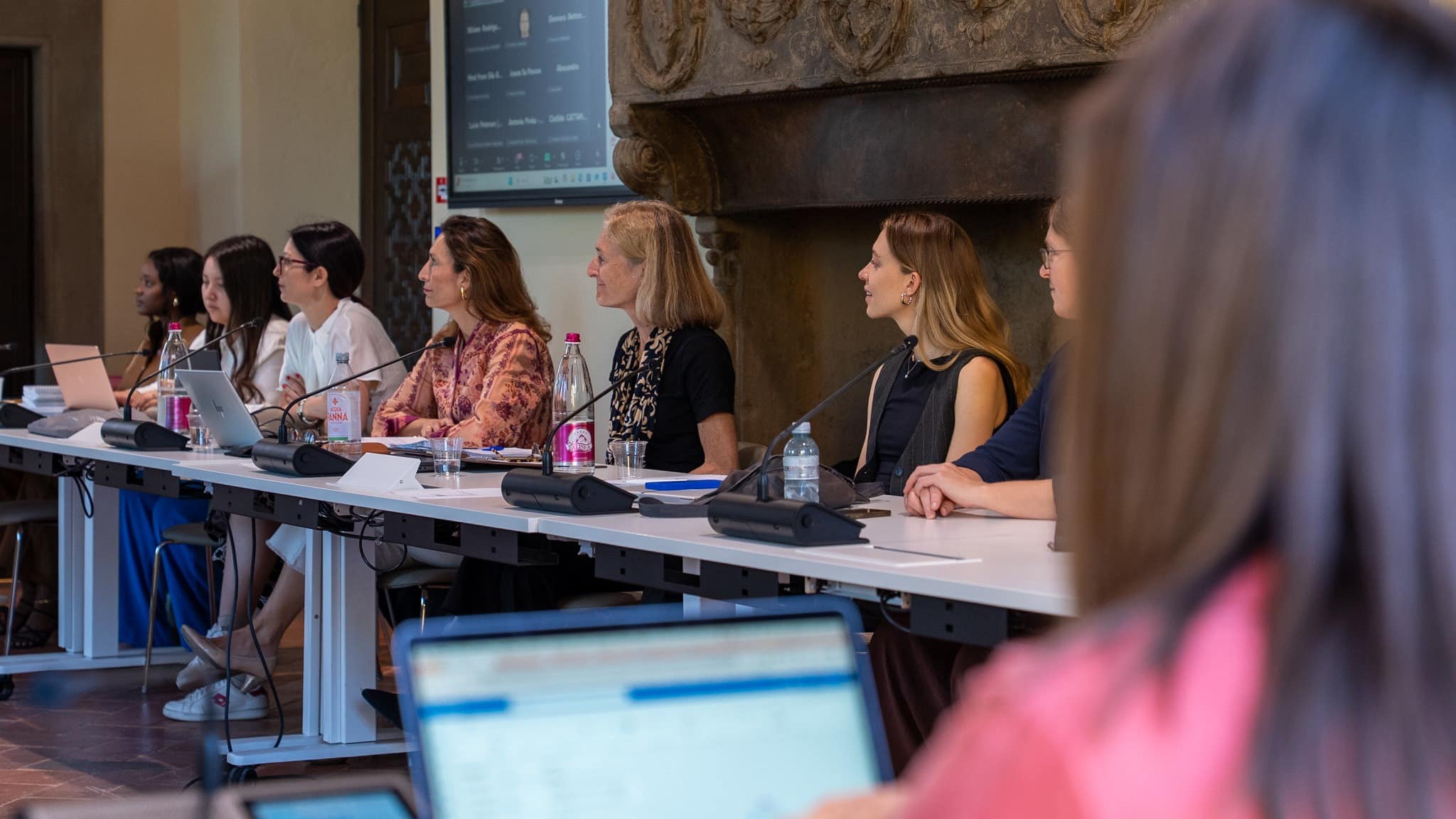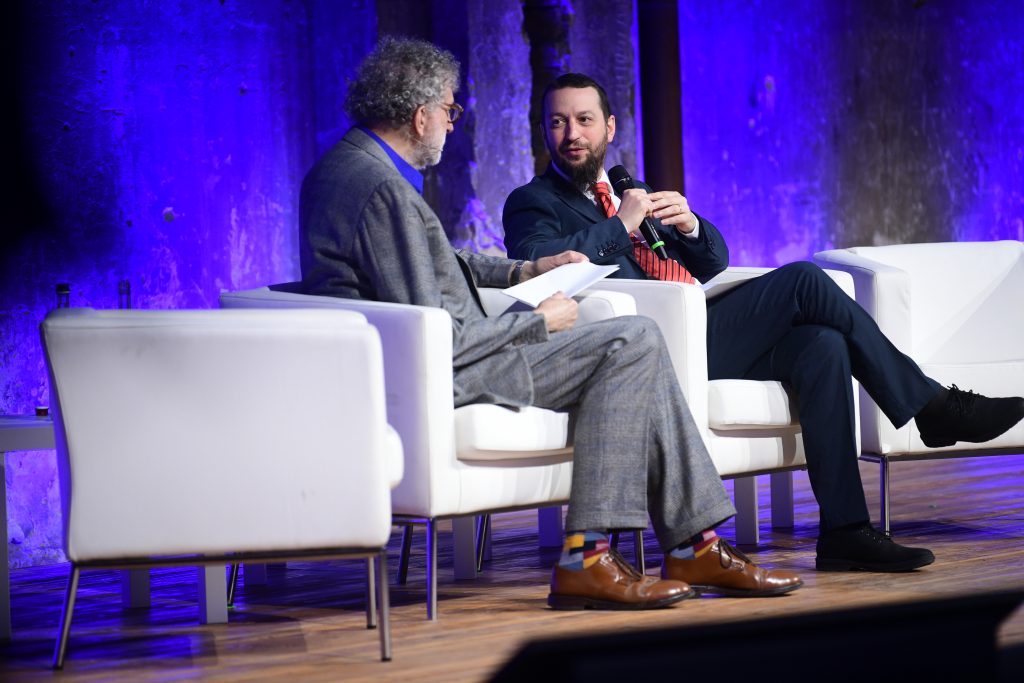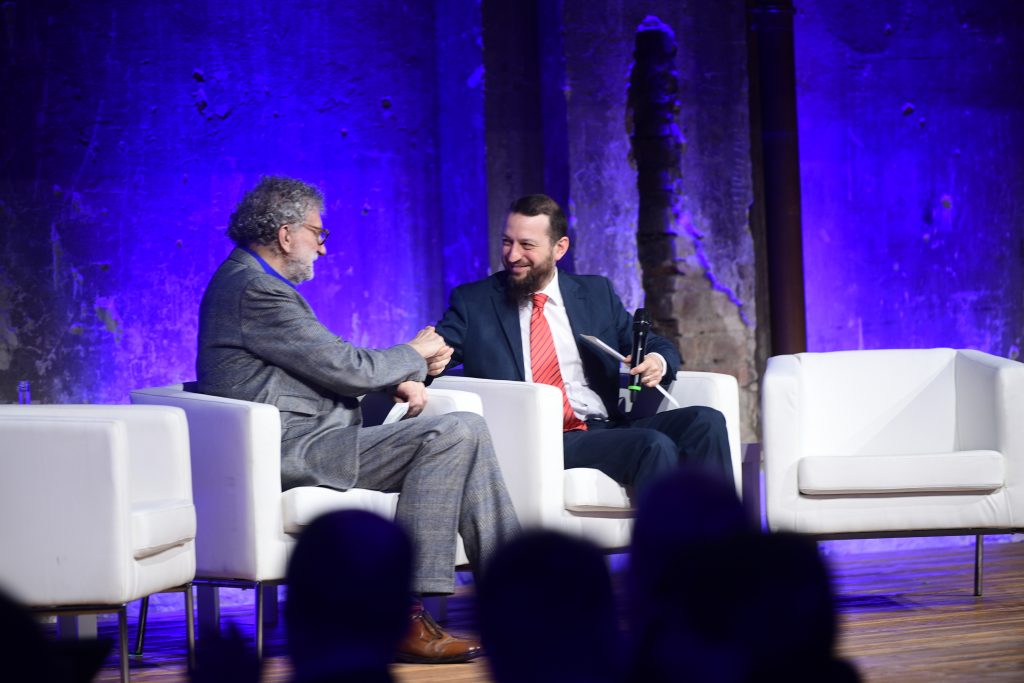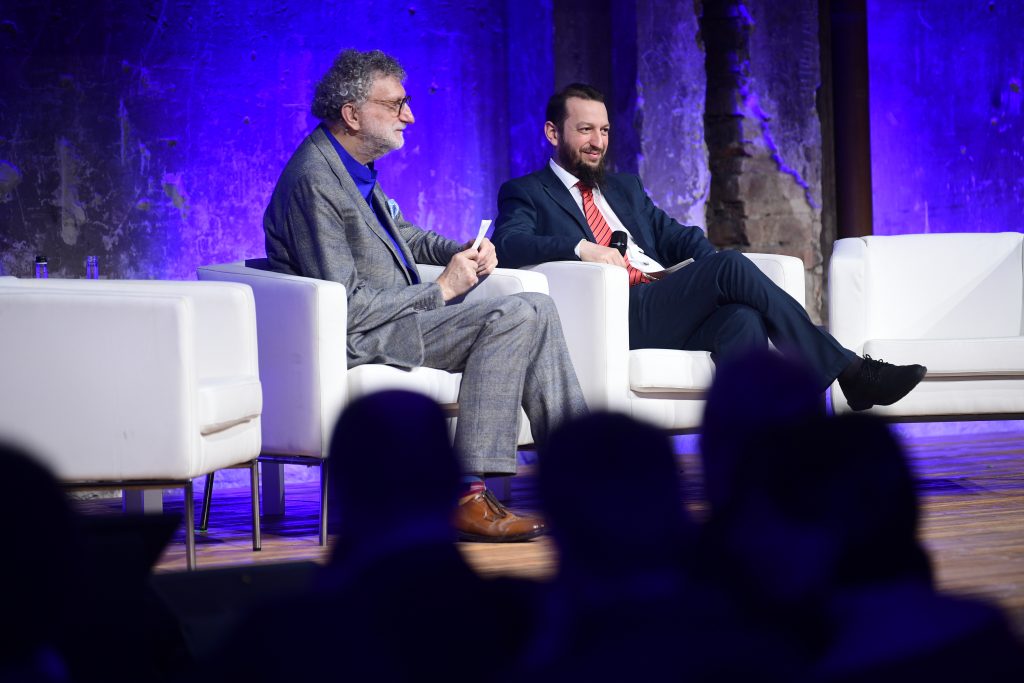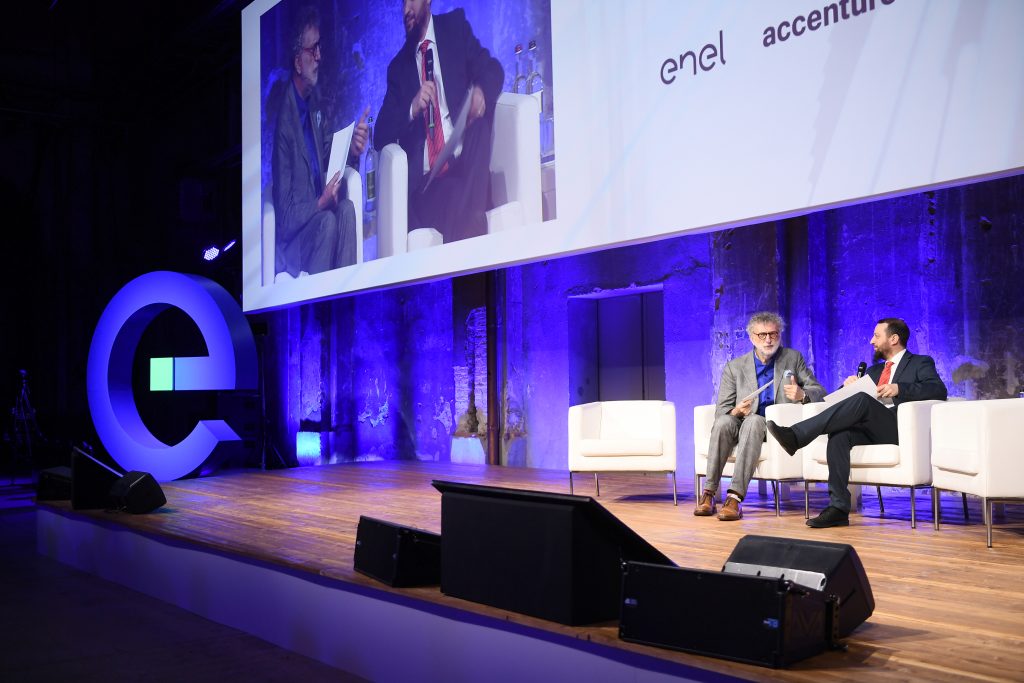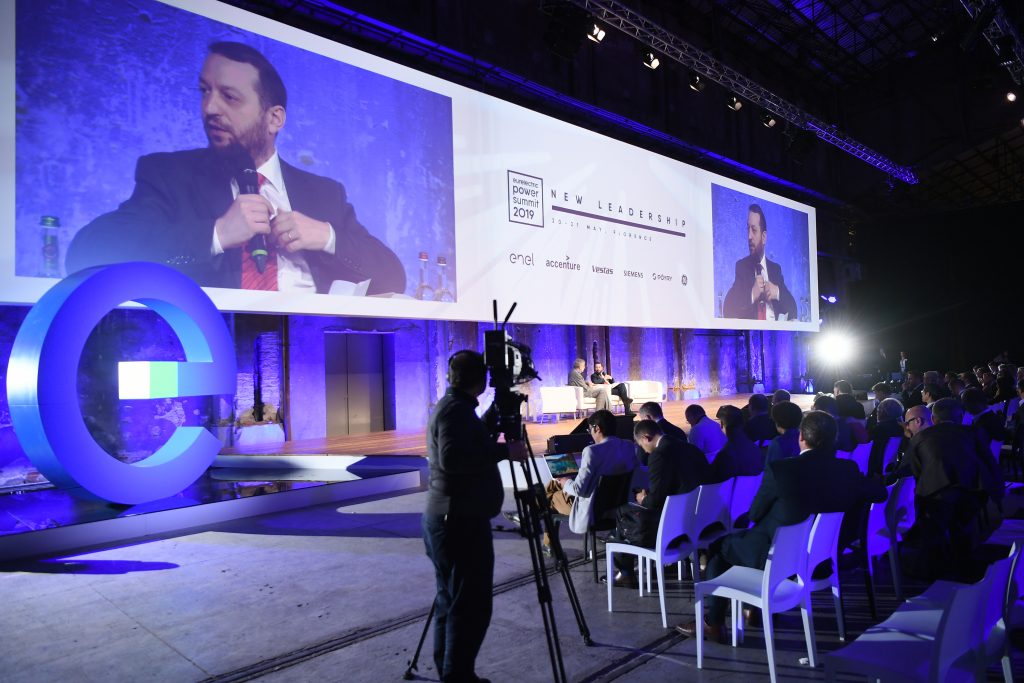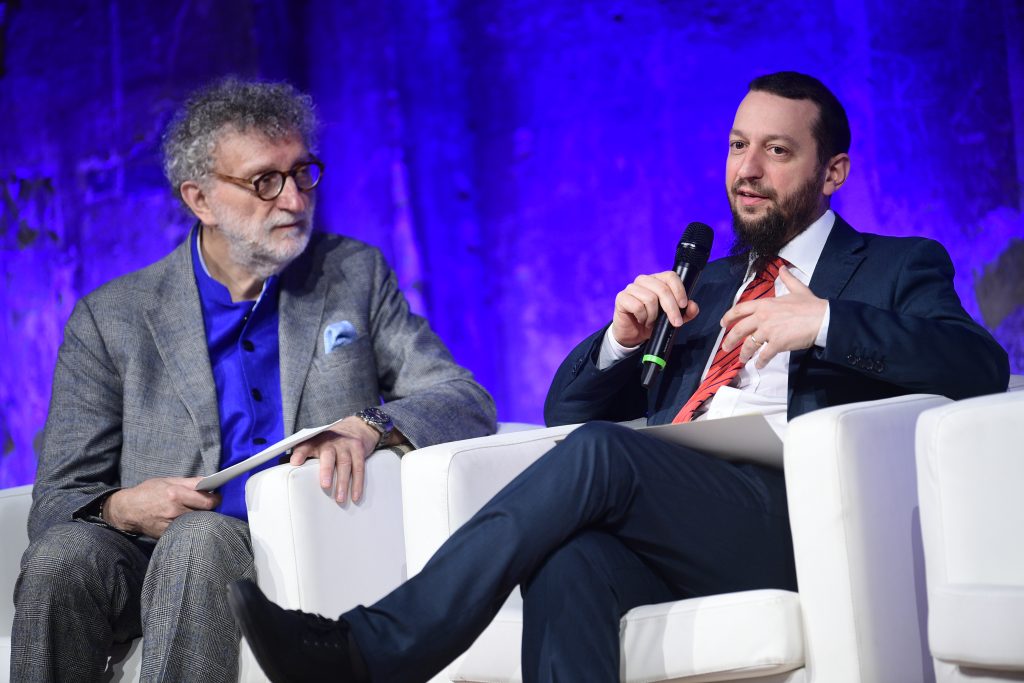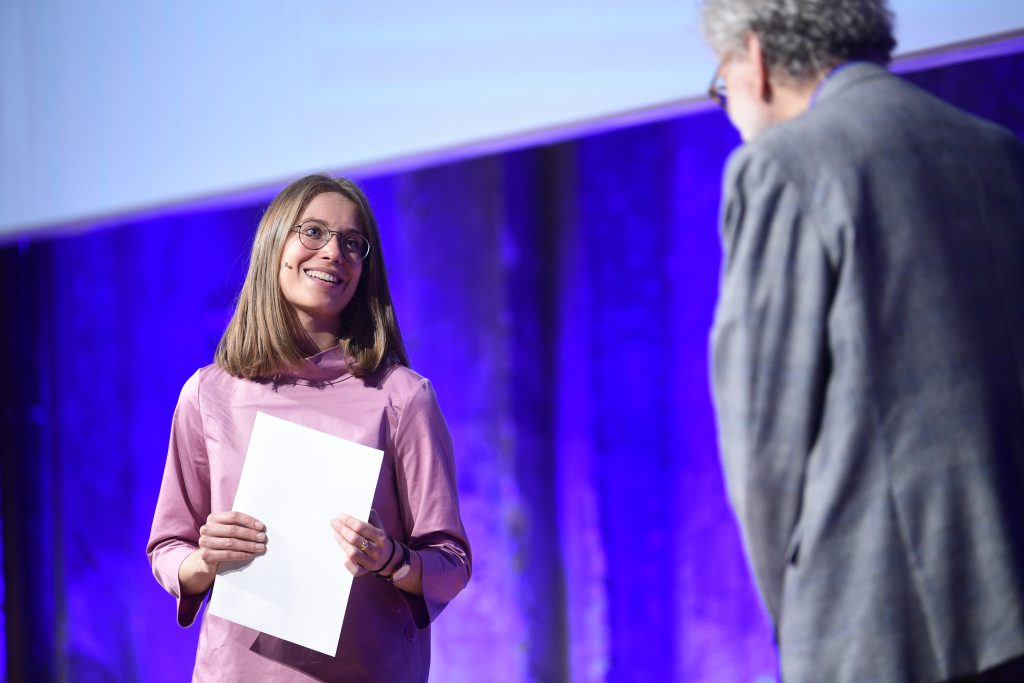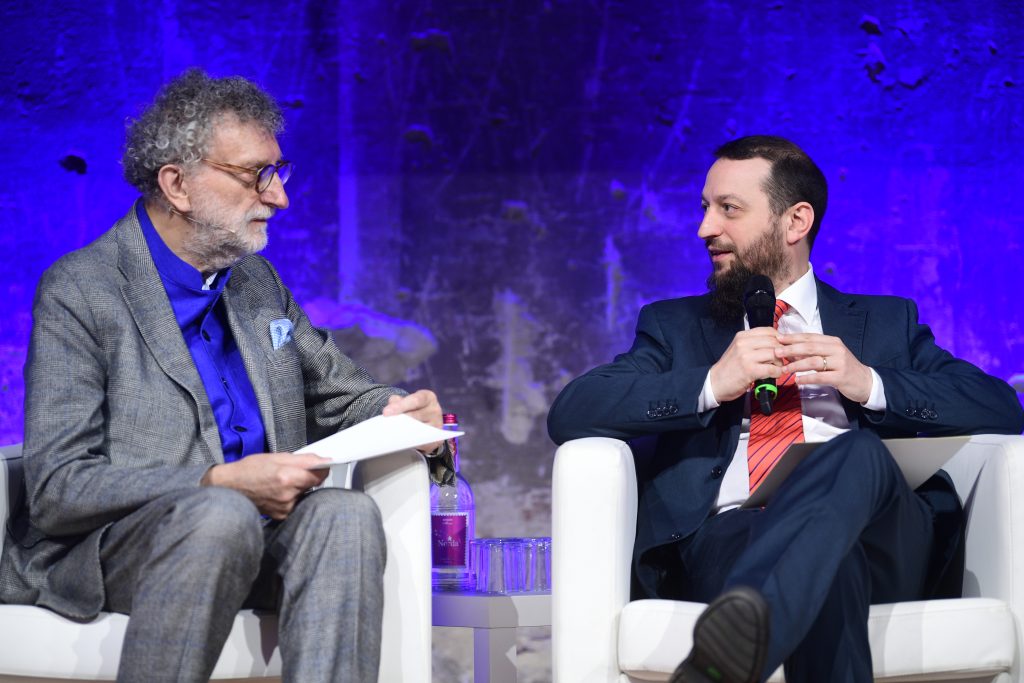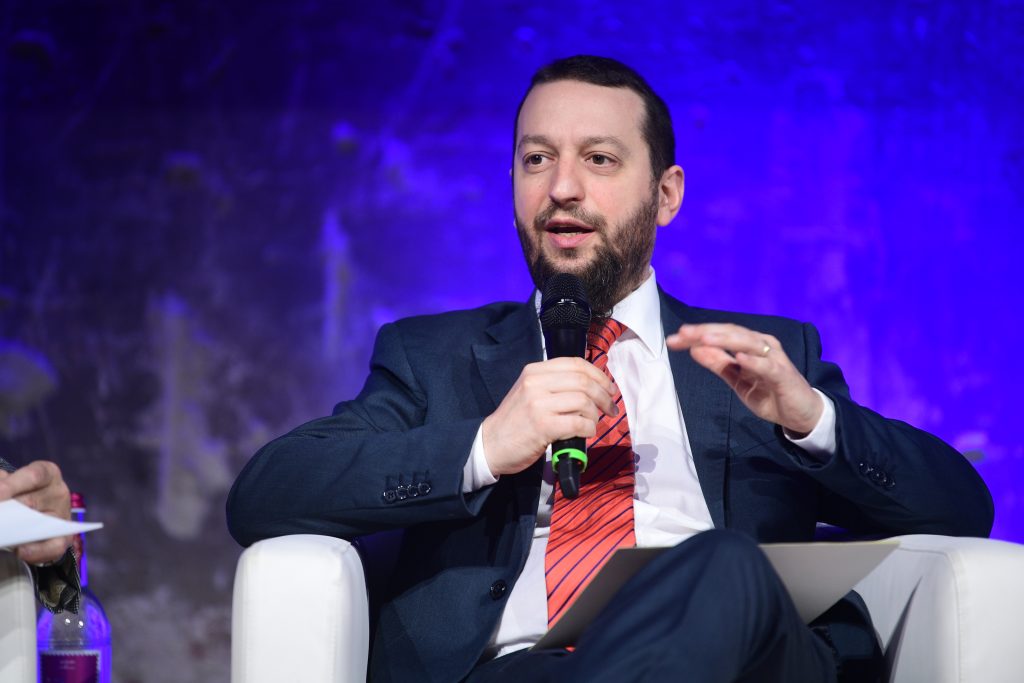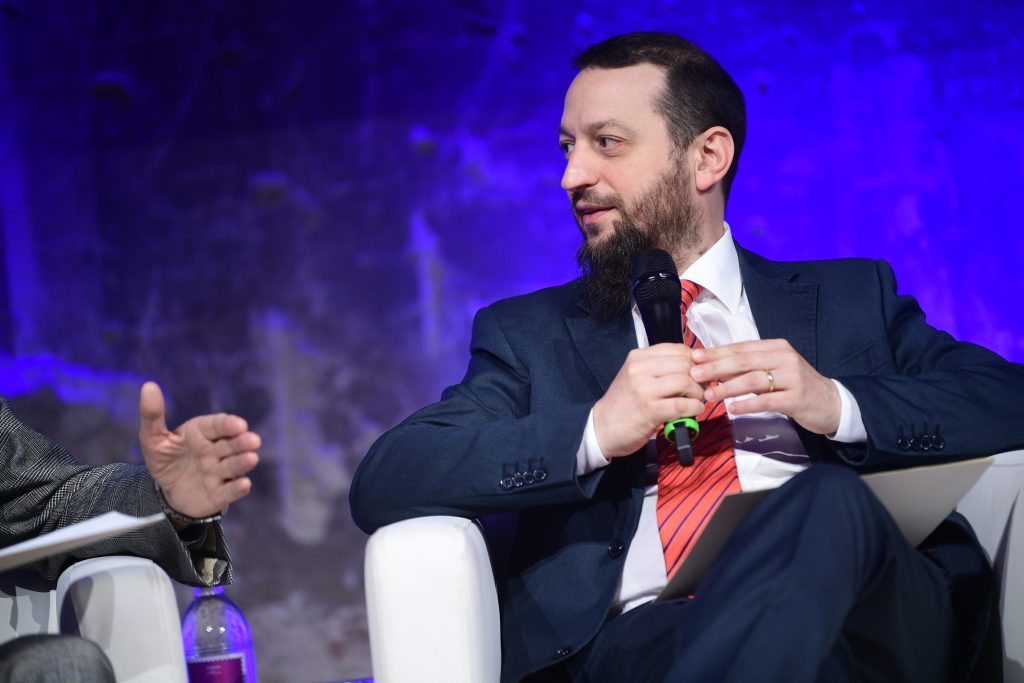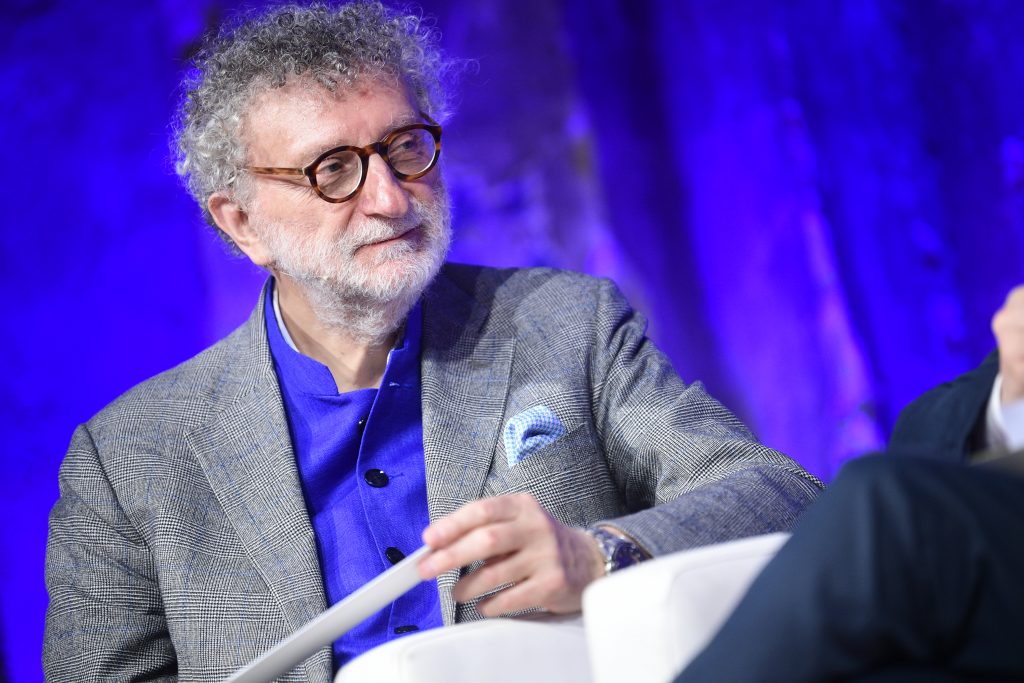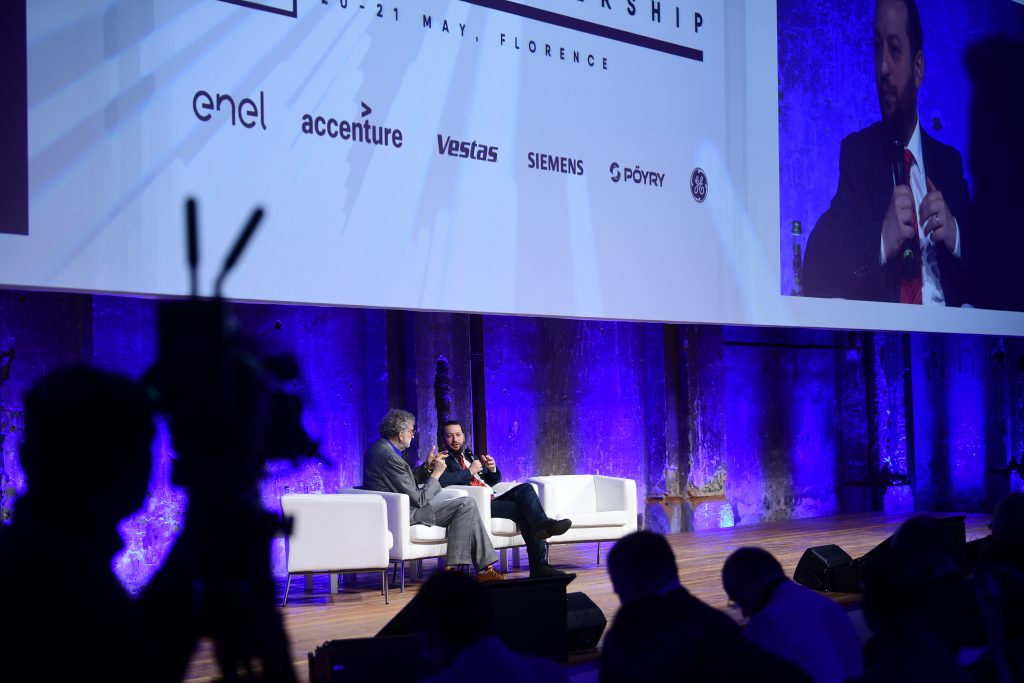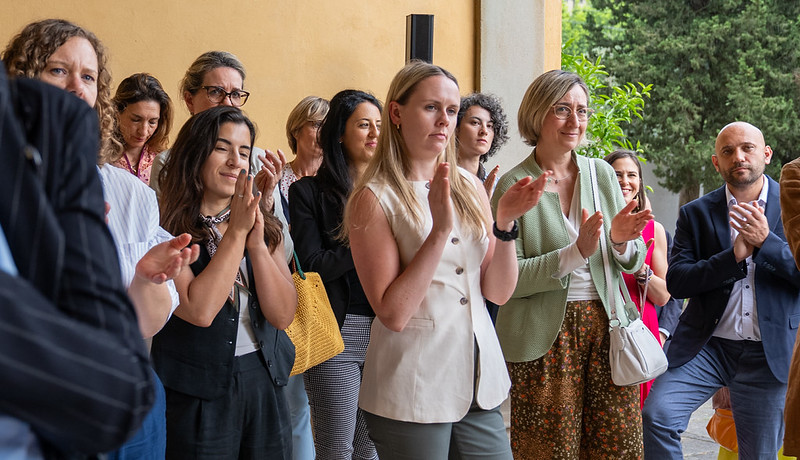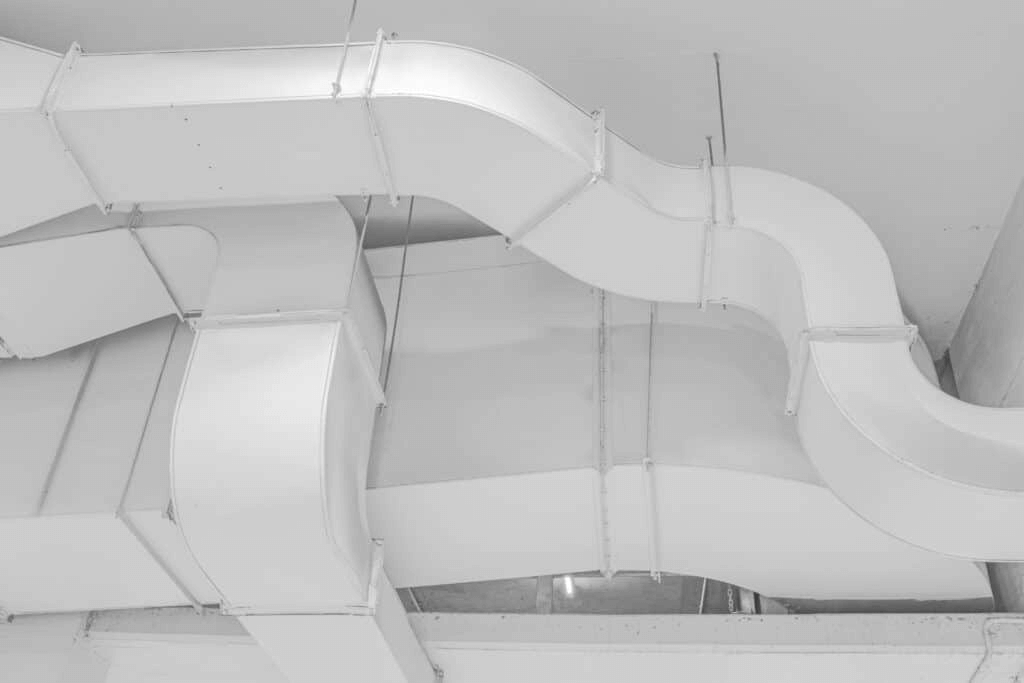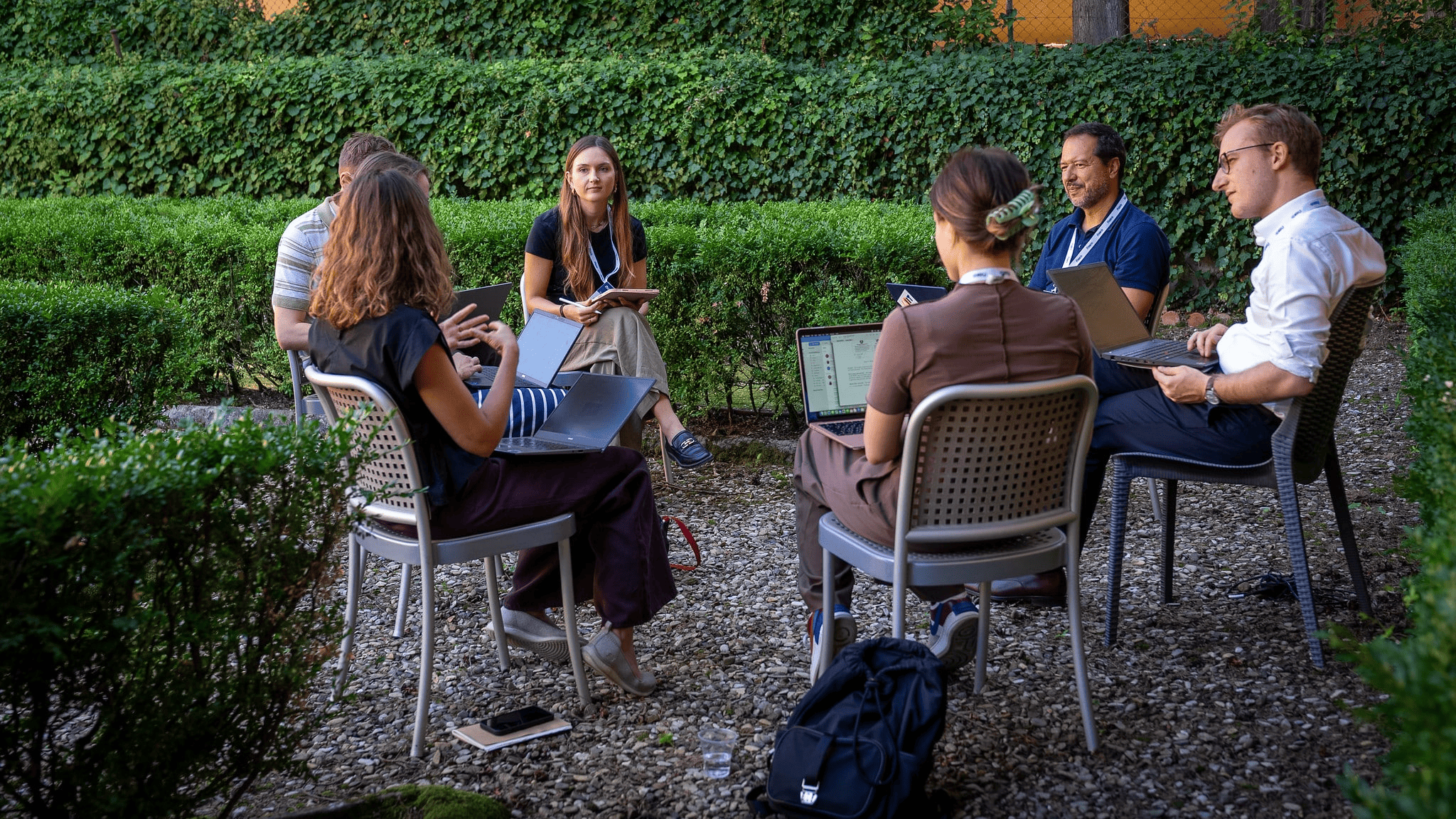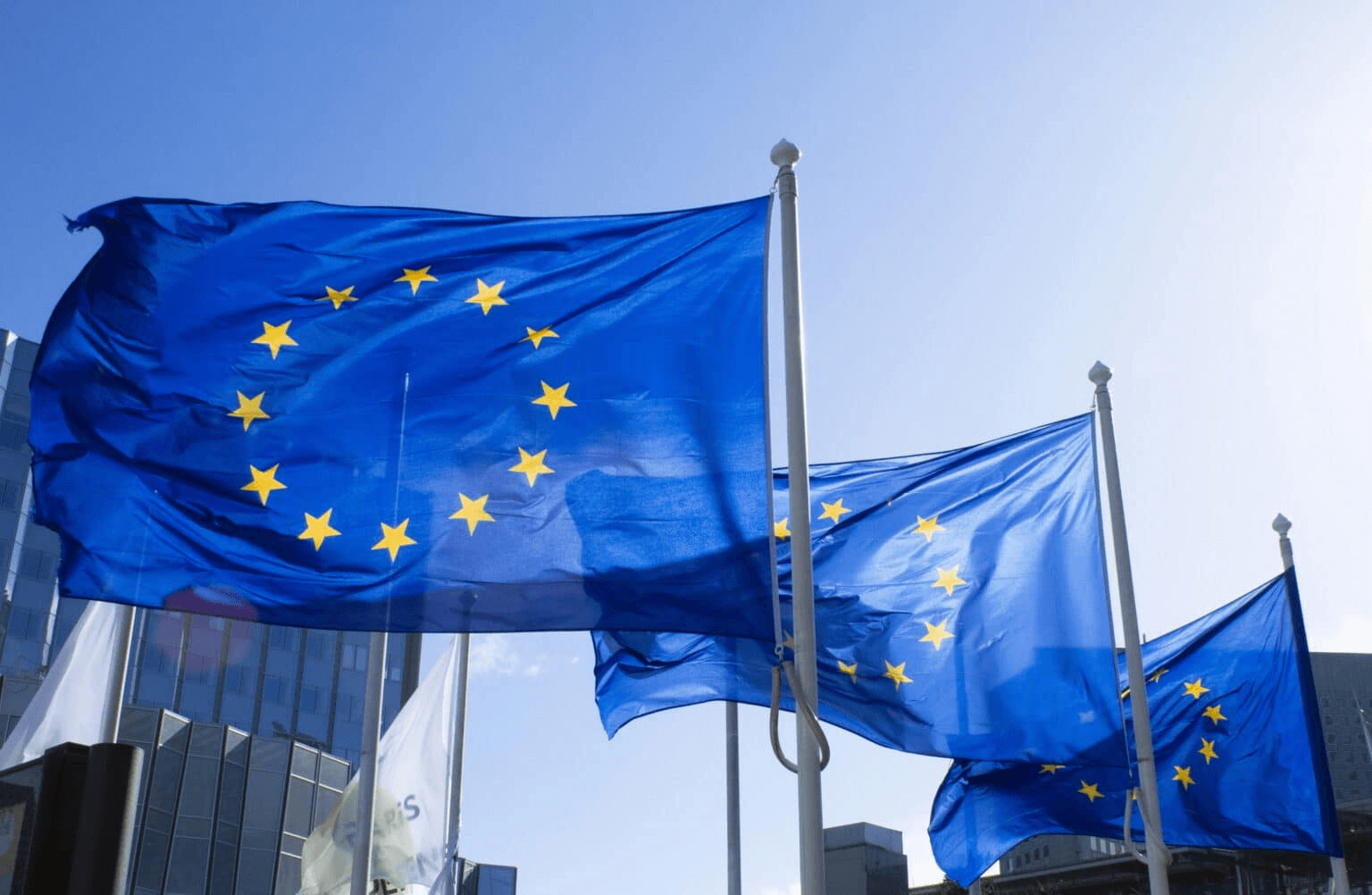Eurelectric Power Summit 2019: Innovation Award
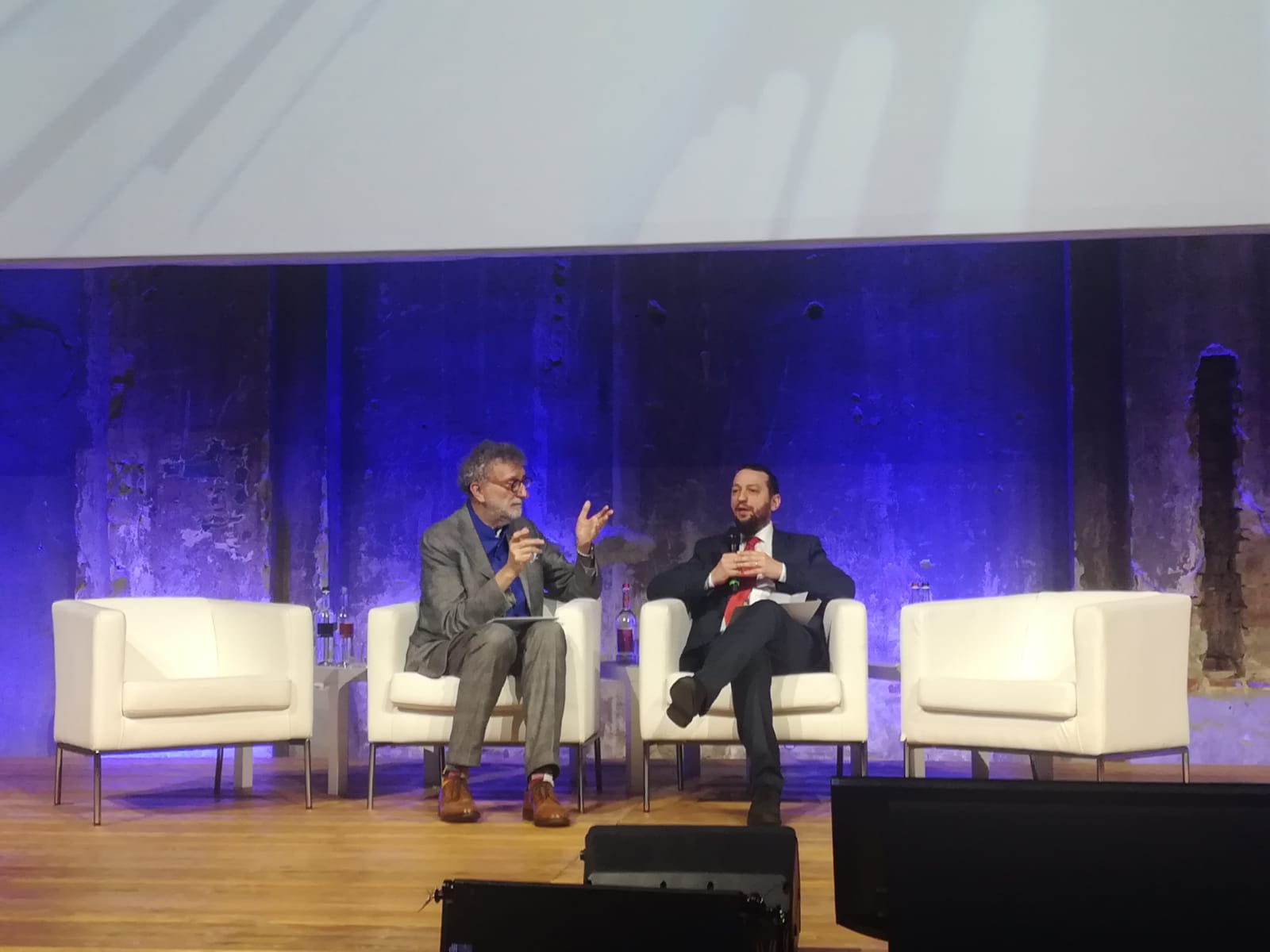
This year’s Eurelectric Annual Power Summit has been held yesterday and today, 20-21 May, in Florence. With the participation of academics, think-tanks, associations, start-ups, and established businesses, the event has dissected the electricity business in the effort to find possible new business models for the sector.
In collaboration with the Florence School of Regulation, the initiative has encouraged members of academia and the general public to share their innovative visions on the topic. One paper, “Second-generation smart meter roll-out in Italy: A cost-benefit analysis” by Carlo Stagnaro of Istituto Bruno Leoni, has been awarded the Innovation Award for its contribution to the analysis of technological developments and their implications for energy actors (in this case consumers: residential users and small businesses).
The paper delves into a cost-benefit analysis of second-generation smart meters in the context of decarbonisation and digitalisation. The research finds that smart meters generate a potentially valuable resource (providing real-time consumption data) in the search for a more efficient management of energy demand, but “customer engagement and technological evolution are needed to turn that resource into actual value”.
The author has presented and discussed the paper with the Director of the Florence School of Regulation, Jean-Michel Glachant, today during the Summit.
Read the winning paper “Second-generation smart meter roll-out in Italy: A cost-benefit analysis” here.
Don’t miss any update on this topic
Sign up for free and access the latest publications and insights



